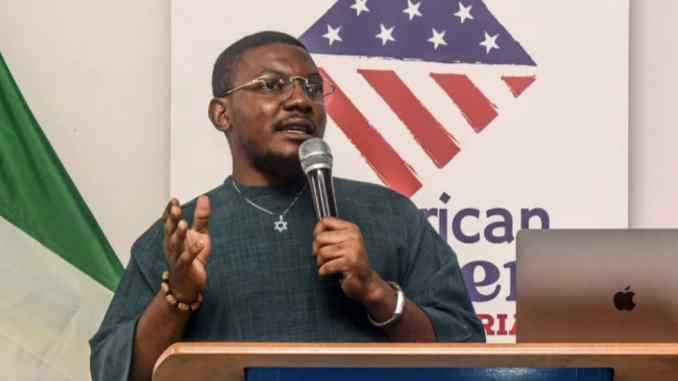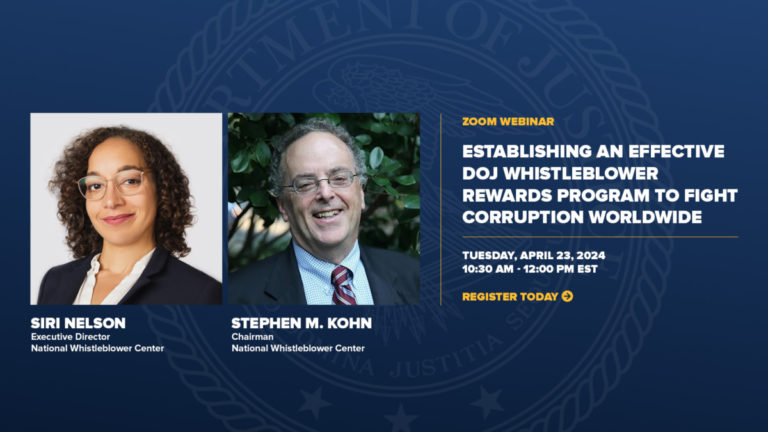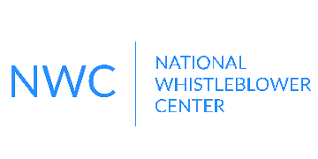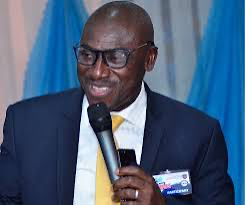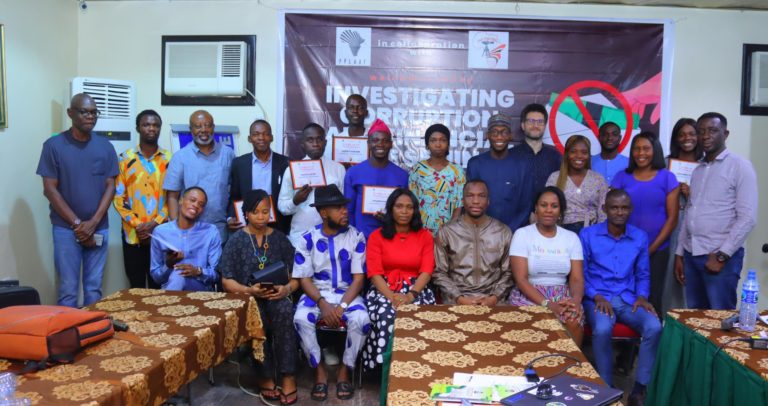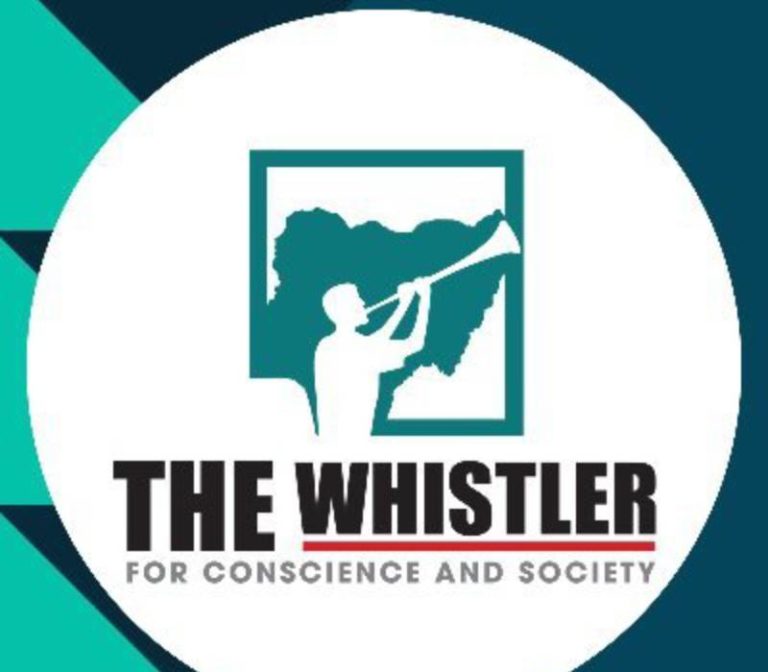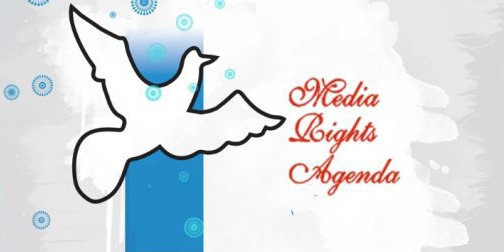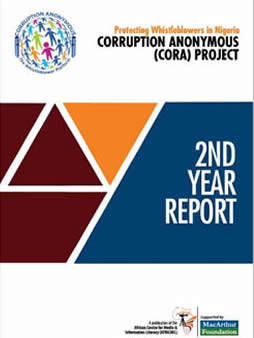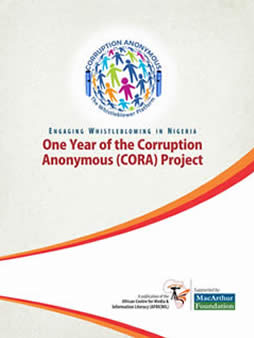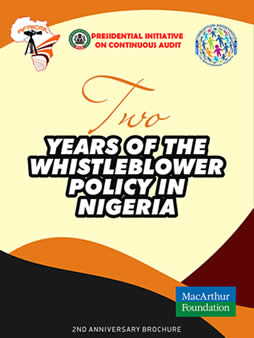By Doyin Ojosipe
The Nigerian Custom Service (NCS) has called on Federal Government to make the Service a key implementing stakeholder of the whistleblowing policy.
The officers made the call at a whistleblowing sensitization event organized by the African Centre for Media and Information Literacy (AFRICMIL) in collaboration with the Presidential Initiative on Continuous Audit (PICA) at the Customs Training College in Gwagwalada, Abuja.
According to the officers, the NCS has for the most time exposed corrupt acts without necessarily blowing the whistles in the media. They claimed that whistleblowing was more synonymous with the service before it was invariably adopted by the government.
The officers also expressed displeasure over public perception of the service as very corrupt not withstanding the fact that the service often implement orders from other agencies in the course of their duties.
Speaking at the event, Chido Onumah, AFRICMIL Coordinator said the sensitization event was the sixth of the 13 lined up campaigns of the AFRICMIL in advocating for the whistleblowing policy under its Corruption Anonymous project which is supported by the MacArthur Foundation.
Onumah who was represented by Asubiojo Lewis, AFRICMIL Director, noted that the objective of the activity was to help review how to block leakages and improve government revenue through whistleblowing and to also encourage the MDAs to develop whistleblowing mechanisms where it is absent.
In a presentation, Johnson Oludare, Assistant Director of the Presidential Initiative on Continuous Audit (PICA), who spoke on ‘Strengthening and Institutionalizing the Whistleblowing Policy in Ministries Departments and Agencies’ said the need for whistleblowing cannot be overemphasized following ongoing corrupt practices within the public service and within in the country. He said whistleblowing will help keep people entrusted with public funds in check.
He however stated that although the whistleblowing policy has so far reduced the siphoning of public funds, the awareness campaign was needful as the policy appears to have been dimed due to some factors that have been termed as unfavourable to whistleblowers and prospects.
He said that the objective of the training was to encourage officers to make disclosures and to educate the Service on how to block illegal financial flows.
Oludare said revenue leakage in Nigeria was a serious disease given that the country accounted for about 25% of the revenue leakage in Africa.
Pointing out the challenges that had led to a setback in the implementation of the policy, he said the lack of a legal framework for the protection of whistleblowers has been a thing of concern.
He noted that PICA and other key stakeholders are working tirelessly to draft a legal framework to be submitted at the National Assembly.
The Assistant PICA Director also said that the lack of awareness of the policy among Nigerians was contributing to the slack in its implementation. He said the culture of silence persists as people are no longer willing to expose corruption following the concerns for safety and or protection.
Another resource person, Barrister Godwin Chigbu said the aim of the sensitization event was meant to find out if the NCS has a whistleblowing mechanism in operation and to know how the policy has been implemented in the service. He said confidentiality should be emphasized apart from other benefits that come with the implementation of the whistleblowing policy.







